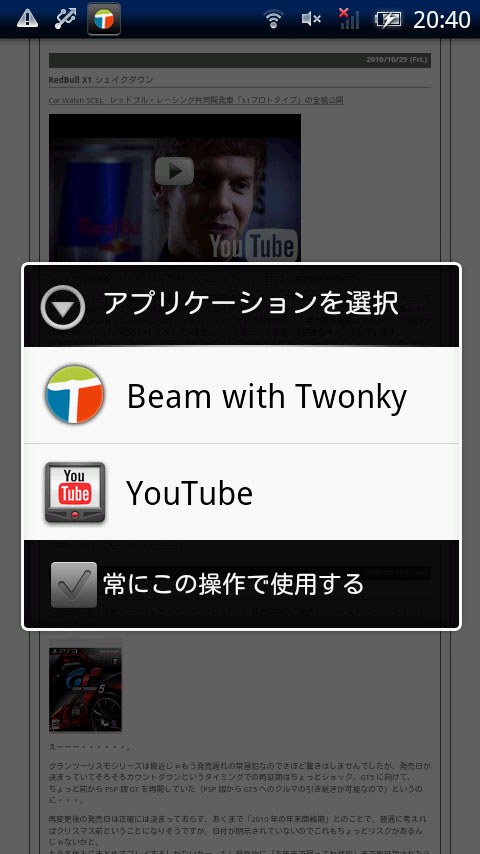
Connection Manager Service is what manages Media Server connections to playback devices (renderers). Using this information a control point can determine if the playback divide (renderer) is capable of handling the content.ī. This service also identifies the data formats supported by the server for its content. Content Directory Service enables a control point to browse the Media Server and view information about available music such as metadata (album title, artist, track name, etc…). Most UPnP AV Media Servers contain three services, a ContentDirectory Service, a ConnectionManager Service, and an AVTransport Service.Ī.

Media Servers can stream content to multiple devices and be controlled by multiple control points simultaneously. The UPnP AV architecture specifies three important devices, each with its own services, for audio playback, the Media Server, Media Renderer, and Control Point.Ī Media Server is a device that stores content, advertises the availability of this content for streaming across the network, and enables browsing/searching this content from control points. The descriptions below are tailored for computer audiophiles by referencing audio and music rather than all the media types (video, photos, etc…) UPnP AV can accommodate. For example enabling audio to flow from a NAS to an audio playback device without intervention from a controller. A main goal of UPnP AV is interoperability between controllers and AV devices. UPnP AV is a refinement of the general UPnP protocols. UPnP can be seen as a high level framework that has been refined by the UPnP AV architecture for increased performance in audio and video environments. Through use of common protocols UPnP devices automatically advertise their services or capabilities enabling auto discovery of devices on a network. UPnP devices don't use device drivers, like USB printers and other hardware, for communication and interoperability. Universal Plug and Play consists of several protocols or rules that enable networked hardware devices and software applications to communicate and work together without end user configuration. I hope it will provide all the information computer audiophiles need to understand and enjoy UPnP based audio playback. This guide will not turn a novice into an expert. The more one digs into the UPnP protocols the more divergent information with common frustration one finds. Ironically UPnP is extremely simple for end users and a bear for product producers. It's used in both two channel single room systems and whole house network audio distribution.

UPnP is the most common network audio protocol in use today. Network based audio can be delivered using several different protocols and technologies such as UPnP, DAAP (Apple), and Ravenna among others. The guide describes UPnP based home audio reproduction, provides use pro and cons of UPnP, examples, and recommendations for successful UPnP audio implementations. The following guide was designed for audiophiles.


 0 kommentar(er)
0 kommentar(er)
